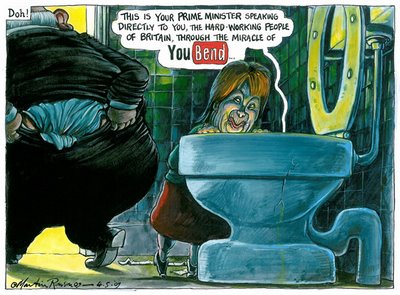Forced to die alone and without dignity.
As I read yet another news piece about someone travelling to Dignitasto die (Vicki Wood), I am consumed by sadness (Woman who attempted husband's mercy killing takes her own life in Dignitas clinic, 12 March). Nearly five years ago, my grandfather travelled to Zurich to die. Unable to face months of pain, coupled with physical and mental degradation, he elected to end his life while he could still make the journey. Alone.
Ever the gentleman, my grandfather declined the offer of companionship from my father, for fear of his son's potential prosecution. There were no updated guidelines from the director of public prosecutions – to have such clarity would have been a luxury. Instead, my grandfather took his final journey abroad, alone. He ate his last meal, alone. And his last words were uttered to medical staff. I have no idea what those words may have been, or, indeed, how he felt.
Too often I hear talk of dignity at work or dignity in life generally, but where is our right to dignity in death? In the eyes of Westminster, my grandfather is simply one of 100; another statistic lost in the reams of data that fills the corridors of Whitehall. But to me, he was a brave man forced to leave his homeland in order to die with dignity.
I appreciate the issue is complex, and would be naive to state otherwise, but a sensible resolution is required. How many more Britons have to voyage to Switzerland, before the government seeks a solution? In criminalising assisted suicide, are we not overlooking – undermining? – the right to articulate our own views on life? May Vicki Wood rest in peace.
Name and address supplied
Labels: assisted suicide, euthanasia, Grauniad, letters


